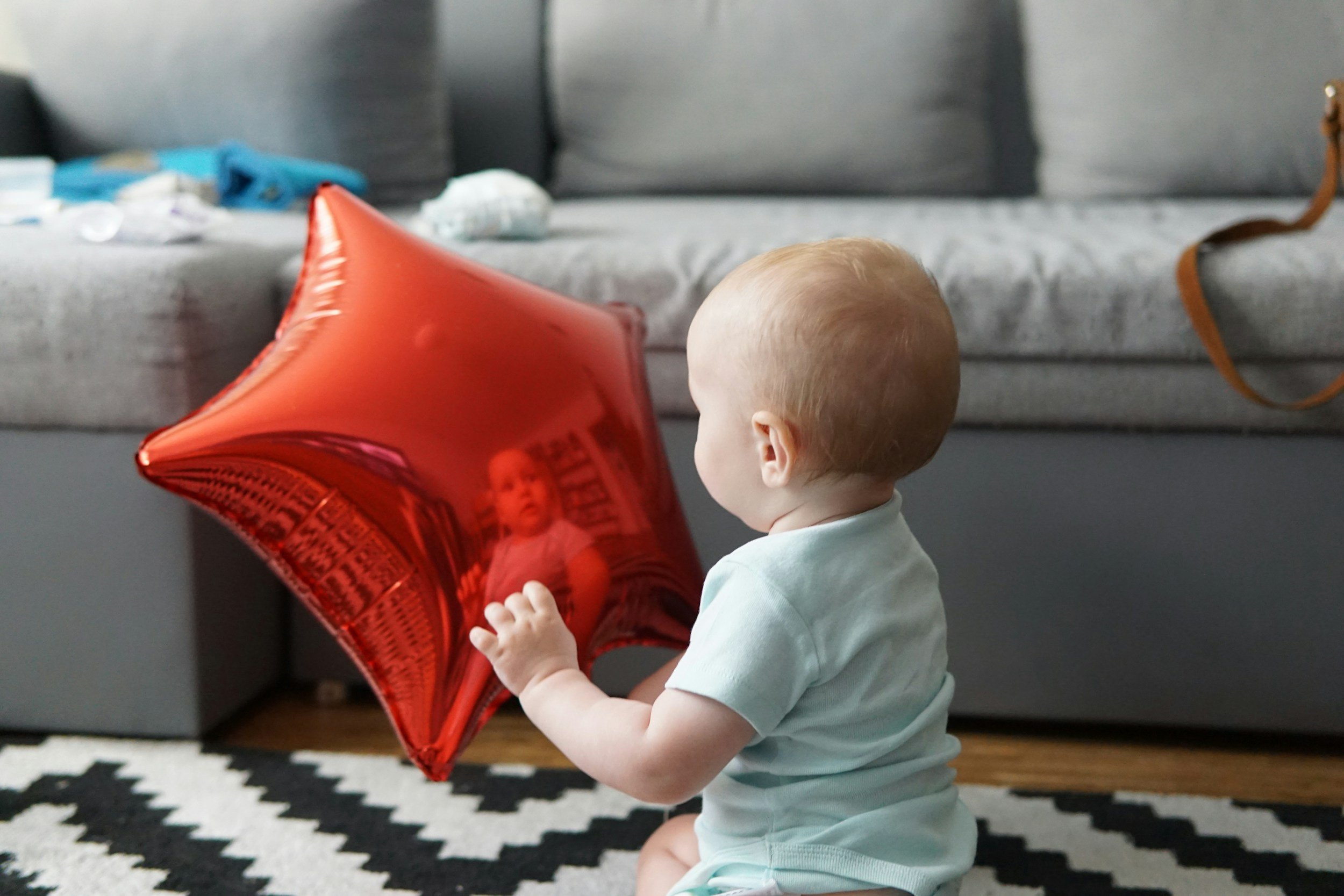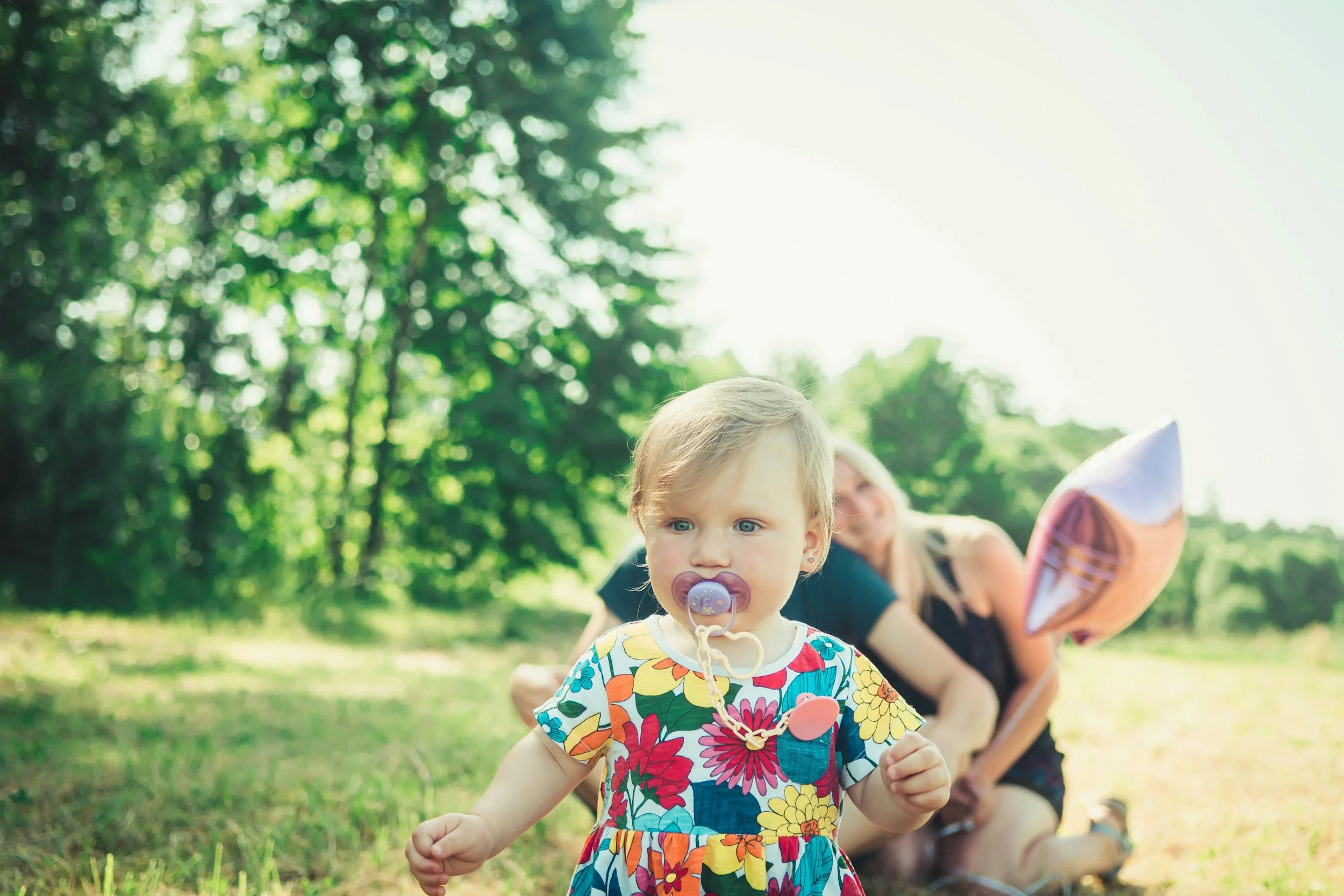
Infant & Early Childhood Mental Health Therapy
Supporting Babies, Toddlers & the Grown-Ups Who Love Them
When your baby cries endlessly and nothing helps...
When your toddler has big meltdowns over tiny things…
When bedtime becomes a battle, feeding feels like a fight, or you’re walking on eggshells to avoid another explosion...
It’s easy to wonder:
"Is something wrong with my child? Or is it me?"
If you’re feeling overwhelmed, exhausted, confused, or worried about your little one’s emotional world—you are not alone. And you’re not failing.
This is exactly where Infant and Early cChildhood Mental Health Therapy can help.
What Is Infant & Early Childhood Mental Health Therapy?
Infant and early childhood mental health therapy is a specialized form of therapy that supports the emotional well-being of babies, toddlers, and young children—from birth through age 5—by strengthening the bond between child and caregiver.
This work isn’t about diagnosing or labeling a child. It’s about noticing early signs of distress, helping your child feel safe and secure, and giving you tools to understand and respond to what’s going on beneath the behavior.
Therapy focuses on the relationship—because a child’s brain and emotional development are deeply shaped by their connection with you.
When we support that relationship, we support the child’s mental health, development, and future resilience.
The First Five Years Shape Everything
So much is happening in the first years of life.
Your child is learning:
What to expect from people
How to manage feelings
How to feel safe in their body and in the world
If a child experiences chronic stress, inconsistent care, or emotional disconnection, it can affect their ability to:
Calm down when upset
Form secure relationships
Trust themselves or others
Explore and learn
Early intervention helps prevent bigger struggles later on. The earlier we support emotional health, the better.
“When we nurture a child’s heart in the earliest years, we don’t just change today—we plant the seeds for a lifetime of resilience, connection, and joy.”
Who Can Benefit From Therapy?
You do not need a diagnosis, referral, or "proof something’s wrong" to reach out. If something feels off or too hard, support is available.
Infants and Babies
(0–2 years):
Cry inconsolably or seem unusually tense or irritable
Struggle to eat, sleep, or be comforted
Have experienced a tough start (NICU stay, medical trauma, separation from a parent)
Toddlers & Preschoolers
(2-5 years):
Have frequent meltdowns, aggression, or anxiety
Struggle with transitions, change, or separation
Exhibit behavior that feels confusing, extreme, or out of control
Seem withdrawn, shut down, or hard to reach
Parents and Caregivers:
Feel overwhelmed, disconnected, or unsure how to help
Are healing from postpartum depression or trauma
Are navigating stressful life events (divorce, loss, relocation)
Want to build a stronger bond or repair ruptures in the relationship
What to Expect in Therapy
Therapy is play-based, relationship-focused, and developmentally tailored to your child’s age and needs. It may involve:
-
Young children “talk” through toys, movement, and creative expression. Therapy provides a safe space where they can show us what’s going on inside through play.
-
Rather than working with the child alone, we work together—with you in the room—so we can understand and support your relationship. This might look like you and your child playing together while I guide and reflect alongside you.
-
You’ll receive tools to understand your child’s behaviors through the lens of nervous system regulation, attachment, and early brain development—so you feel more equipped and less reactive in the moment.
-
If your child has experienced stress, loss, or trauma, therapy offers a gentle, non-threatening space to process those experiences—without re-traumatizing. Even pre-verbal children can carry trauma in their bodies and behavior.
Benefits of Infant & Early Childhood Mental Health Therapy
This isn’t about becoming a perfect parent. It’s about becoming a connected one—one who sees, soothes, and supports their child with greater clarity and compassion.
For Your Child:
Improved emotional regulation
Fewer tantrums, meltdowns, or aggressive behaviors
Better sleep, toileting, and eating patterns
Increased confidence & security
Stronger social skills
Stronger parent-child connection
For You:
Feel more confident as a parent
Greater understanding of your child’s cues and needs
Tools to handle tough moments with more calm and connection
Less guilt, stress, frustration, and self-doubt
A deeper, more joyful relationship with your child
A Safe Place for Both of You
Therapy isn’t just for children. It’s for families.
Maybe you didn’t have this kind of support when you were little.
Maybe you’re trying to parent differently, but your own stress, trauma, or emotional wounds keep getting in the way.
There is room for your story, too.
In sessions, there’s space to explore how your past might be influencing the present—without blame or shame. The more resourced you feel, the more co-regulation and safety you can offer your child.
When a child gets to grow up in a home where feelings are welcome and connection is safe, it changes everything.
You Don’t Have to Do This Alone
Being a parent is hard enough without the pressure to do it all perfectly. If something in your gut says, “We need help,” that’s more than enough reason to reach out.
Early childhood mental health therapy is not about fixing your child—it’s about understanding them, supporting you, and building a relationship that feels safe, connected, and secure for you both.
Help is available.
Healing is possible.
You are not alone.


